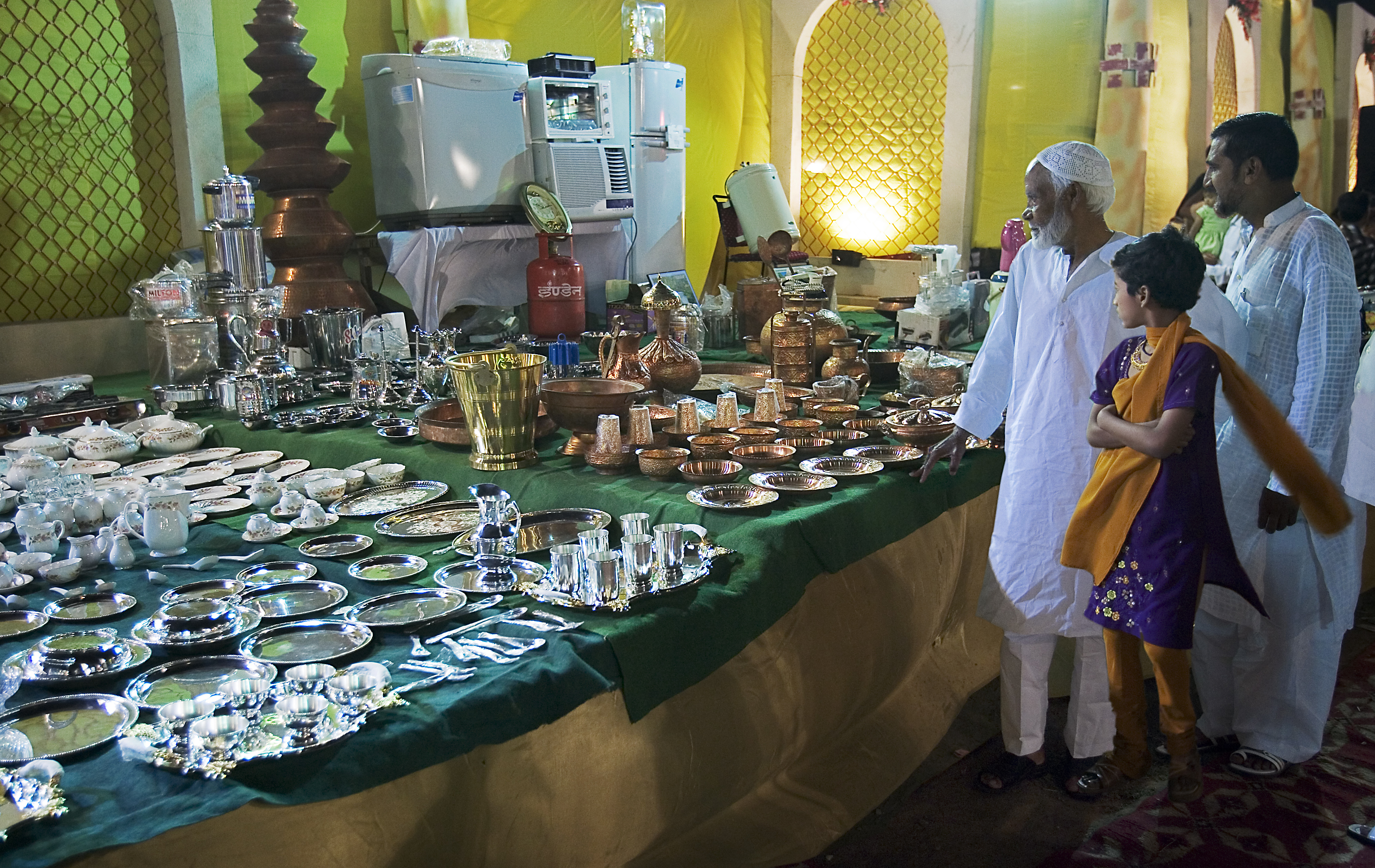The Indian people are suffering from a number of social evils. The system of dowry is the worst evil. Dowry means the money and other items that are given by the parents of a girl to their son-in-law at the time of the marriage of their daughter. This monster has spread its tentacles through all strata of society and even the affluent and educated fall prey to this evil.
It is a fact that in ancient times also, parents used to give presents to their daughter at the time of her marriage but these presents were given as tokens of love and affection. They were voluntary gifts. There was no element of compulsion in it.
But nowadays, dowry has become compulsory. A number of girls in India remain unmarried simply because their parents are poor and cannot afford a good dowry. Strangely enough, marriages are not settled on the basis of the merits of a girl but on the consideration of how much dowry she will be able to bring with her from her parents. In case the girl brings lesser dowry than what the parents of the boy had expected, it leads to strained marital relations and even to divorce. In extreme cases, either the parents of the boy kill her so that their boy can re-marry or she herself commits suicide to put an end to her wretched life.
ADVERTISEMENTS:
https://upload.wikimedia.org/wikipedia/commons/5/58/India_-_Delhi_wedding_-_5438.jpg
The rigor with which the dowry system is being practised in India today is a slur on the fair name of Indian society. It has greatly reduced the social status of girls. It has made a mockery of our claim that in India men and women are equal. The poor parents of a girl have to borrow money to give dowry to their daughters.
It is quite surprising that dowry is not regarded as a one-time affair. Even when the parents of a girl have already given dowry once at the time of the marriage of their daughter, they are pestered to keep on giving something or the other even after marriage. In fact, this lust for dowry is insatiable. The more you give, the more it grows.
ADVERTISEMENTS:
The items that are generally demanded in dowry are cash, ornaments, clothes, furniture, refrigerator, car, scooter, etc. Besides, the parents of the girl are also supposed to offer a sumptuous dinner to the marriage party consisting of all the relatives and friends of the boy.
The days are gone when marriage was considered a sacrament. Today, it is of women has always been the central focus in development planning since Independence. Though there have been various shifts in policy approaches in the last 50 years from the concept of “welfare” in the 70s, to “development” in the 80s, and now to “empowerment” in the 90s, the Department of Women and Child Development since its inception has been implementing special programmes for holistic development and empowerment of women with major focus to improve the socio-economic status of women.
The year 2001 had also been declared as “Women’s Empowerment Year” to bring a special focus on programmes for them. The main thrust during the year was on launching of new programmes and legislative changes. Some achievements of the year included the presentation of Stree-Shakti Puraskar to women, formulation of the National Policy for the Empowerment of Women; launching of an Integrated Women’s Empowerment Programme named Swayamsiddha, a Tele-conference between Parliamentarians and grass-root level women, issue of guidelines for operationalisation of district level committees on violence against women, and Help lines for women in distress.
Under the Indian Constitution, for equal work both men and women are eligible for equal wages. Women have also been given an equal share in the property of their father and husband. If the provisions of the Indian Constitution are observed in letter and spirit, the future of women in India is quite bright.
